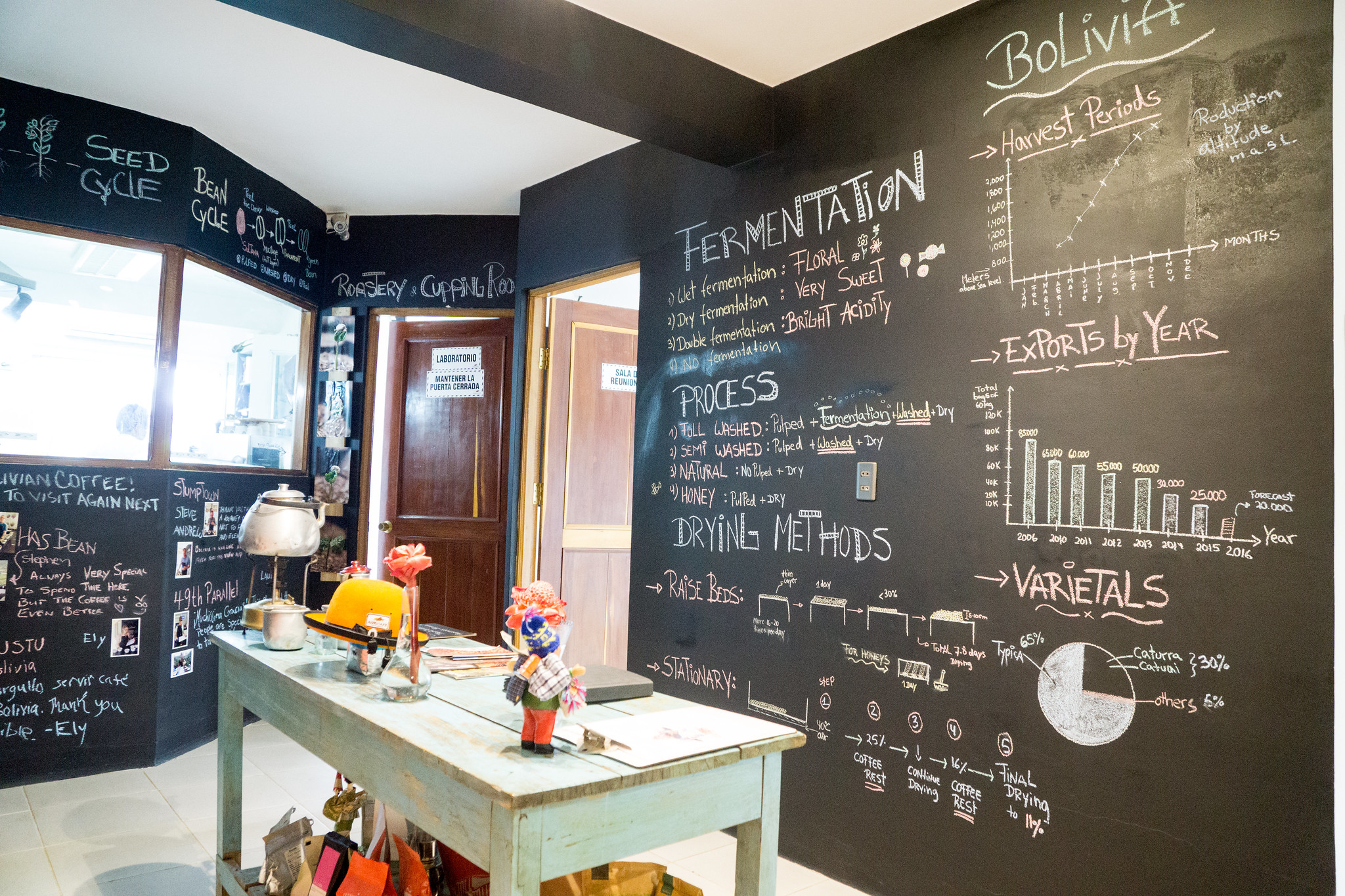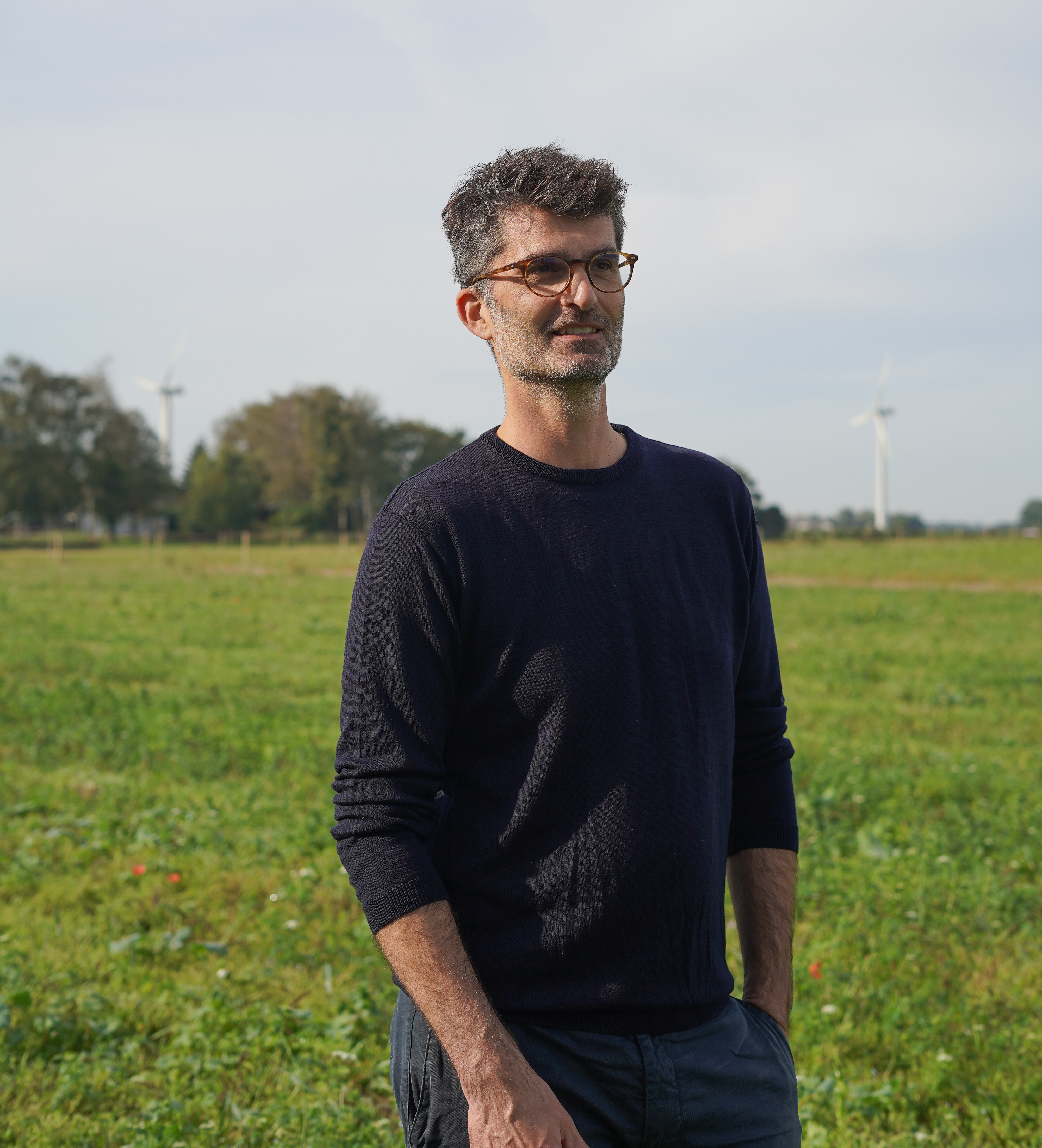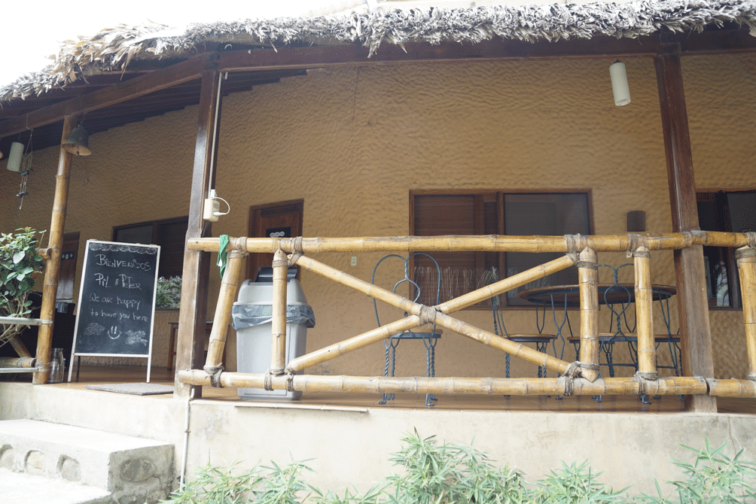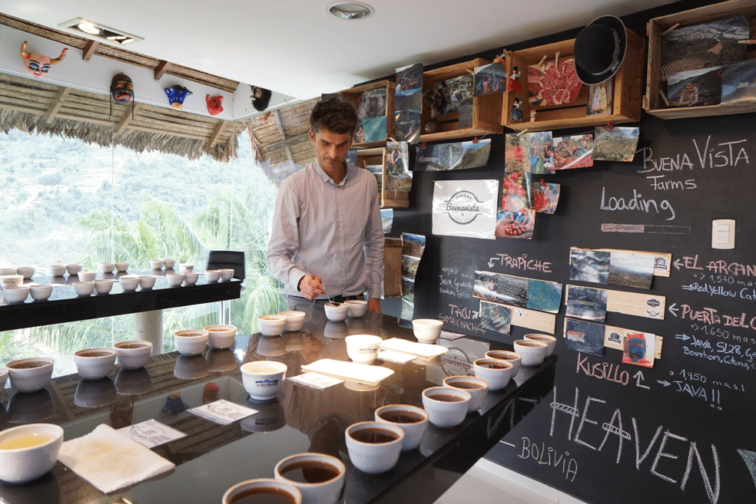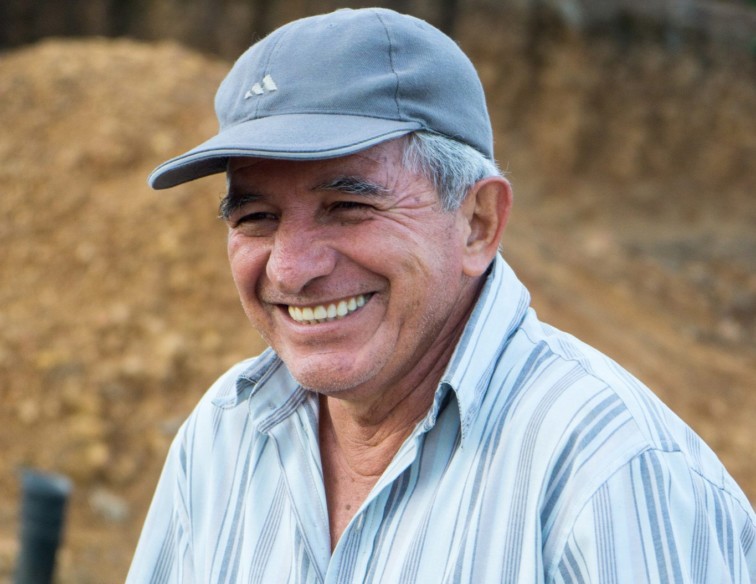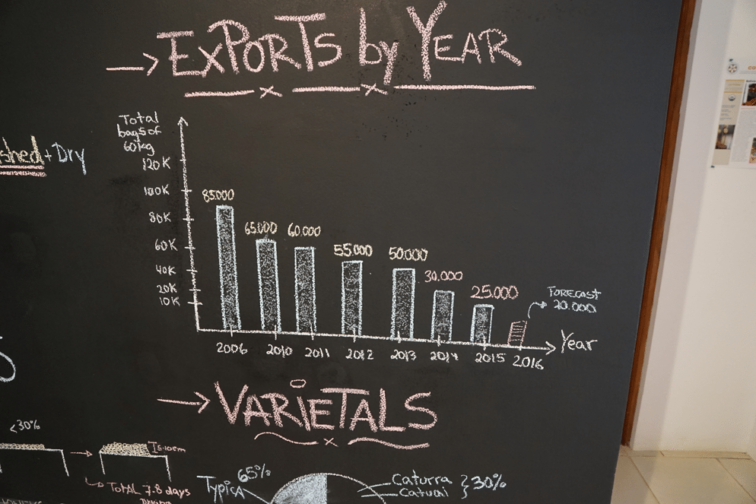In 2014 we found a great organic natural coffee in Ethiopia at Akmel Nuri’s farm. We’ve been really happy with this organic coffee, but at the same time we’ve also been looking for washed organic coffees, not to replace, but to come alongside the Ethiopian natural. I’m so excited to say that we’ve finally found some amazing washed organic coffees in Bolivia. This was an important reason I, Peter Dupont, went to Bolivia in 2016.
Earlier in 2016, we received some superior organic coffee samples from Bolivia, and they were genuinely interesting. I was excited to see the farms where the coffees I had tasted came from, and to learn how organic coffee farming at this superior level was possible.
When I landed in La Paz, the capital of Bolivia, in the middle of night, I met with the driver of Finca Buena Vista. I was served a pot of tea and he put on meditation music in the car in order to calm my body down so it would adjust to the thin air. I could feel my body tickle because of the altitude. It was a surreal experience, but it was no wonder because the mountain capital is at an elevation of 3.640 masl. and the airport even above 4000 masl. My headaches started dying off during the three and a half hour drive as we reached the “lower” altitudes of the Caranavi region where the coffee farms were located. The main road from La Paz to Caranavi is carved into the mountainside, but most of the distance to the city is covered by asphalt. Reaching Finca Buena Vista, a wet and dry mill in Caranavi, I was excited to get to work and cup some of the organic coffees from the region.
Finca Buena Vista
I was impressed with the overall quality on the cupping table. Of all the cherries they had bought from farmers in the region, the organic coffees outperformed the conventional coffees across the line during the blind cupping. In general, they were sweeter, cleaner and had a more interesting acidity.
Finca Buena Vista has a few fields of their own, but they also purchase cherries from nearby farms, as most of the Bolivian coffee farmers in the area don’t have their own depulper. The fields owned by Finca Buena Vista are managed by Don Carlos, who even has a field named after him because he has been with the company for many years.
Finca Buena Vista is a business that buys cherries from nearby farms and processes them at the wet and dry mill. Wet and dry mills have a large impact on the quality of the coffee, and they are important steps in the whole process.
Bolivia is amazing, and their organic coffees are super interesting. But as I learned more about Bolivia and their coffee production, I also learned the less glamorous flipside of the story: the Bolivian export of coffee is falling, and has been doing so for 10 years. In 2016 they expected a decrease of 20% compared to 2015.
Around the year of 2000, the US government, US AID, wanted to support the Bolivian economy and supply an alternative for farmers to producing coca. They did so by planting a lot of coffee. After the coffee trees were planted they started growing on their own, resulting in peak exports around 5-6 years later in 2006. The plan worked and many people in Bolivia benefitted from this aid. And because the coffee trees grew on their own in their young years, some really good organic coffee came out of Bolivia during these years. If you look at the landscape of coffee farming in Bolivia today, a lot of the farmers are still organic. We believe organic farming is great, but when it’s “passive” organic farming, the yields are much less than they could be, had they been farmed actively (for instance with pruning and organic fertilization). As with any crop, farming long-term requires skill and knowledge otherwise yields will drop and plants tend to get sick over time if they are neglected. So while many of these coffee farms were environmentally sustainable because they were not using pesticides, they weren’t financially sustainable, as yields began dropping. Unfortunately, the consequence of this trend is that the farmers, who were given these coffee trees, either move from the farm for good, start planting coca again because it’s easier and pays more, or simply switch to conventional, non-organic farming. But if nothing changes, the coffee production will stop at some point, leaving the farmers with no income to support their families. This is obviously a trend we would hate to see if it could be prevented.
This is where Finca Buena Vista comes in. Finca Buena Vista is helping these farmers take care of their trees. They are teaching them how, through conventional farming principles, to fight diseases, pests and how to increase yields and quality. The work Finca Buena Vista is doing is significant and it helps farmers get their family business back on track.
At The Coffee Collective we believe that farmers should be paid more than just enough for their high quality coffee. Through our Direct Trade commitment we promise to pay at least 25% above the Fairtrade price, and to visit farmers at least once a year. And while quality is one of our main priorities, we do want to take responsibility in working against unnecessary pollution in order to protect the environment.
This is why we are always on the lookout for high quality organically certified coffees. And now that we’ve found some really great ones, we’d love to see these farms flourish and take their quality to the next level. We started a partnership with Finca Buena Vista this year, and it will be exciting the see where this will lead. It’s our hope that we can contribute to making growing organically certified coffee fully sustainable for the Bolivian Farmers.
This January and February we are releasing some exciting organic coffees from Finca Buena Vista and from another Bolivian farm called Takesi (which will have its own blog post, coming soon.) We don’t want to say too much, but there’s a Geisha in there somewhere. And I have to be honest, this may be the best coffee I’ve ever tasted.
Best regards,
Peter Dupont
Would you like to get our different coffees delivered directly to your doorstep? We've got you covered.
Address
Coffee Collective
Godthåbsvej 34B
2000 Frederiksberg
CVR: 30706595
Contact
mail@coffeecollective.dk
+45 60 15 15 25 (09.00-15.00)
Coffee and cookies
This site uses cookies.
Find out more on how we use cookies.
